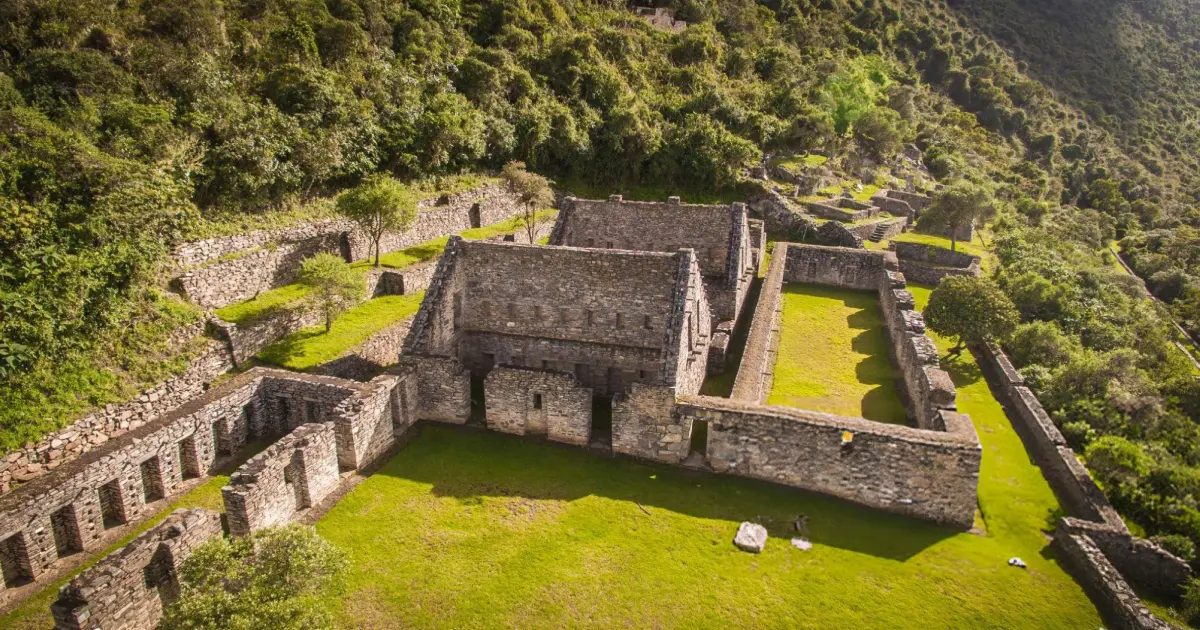Inca Trail Packages
Our Inca Trail packages offer an unforgettable journey through breathtaking landscapes, ancient ruins, and rich history, culminating in the awe-inspiring Machu Picchu experience.
Alternative Treks Packages
Avoid the crowds and explore stunning landscapes, remote Inca ruins, and diverse ecosystems on unique routes leading to Machu Picchu for an unforgettable adventure.
Machu Picchu Packages
Our Machu Picchu packages offer seamless travel, expert guides, and breathtaking views, ensuring an unforgettable journey to the heart of the Inca Empire.
Rainbow Mountain Packages
Our packages offer a thrilling adventure through breathtaking Andean landscapes, vibrant mineral formations, and unforgettable panoramic views, making it a must-see destination in Peru.
Cusco Tours Packages
Our Cusco tour packages take you through ancient Inca sites, colonial landmarks, and vibrant local culture, offering an unforgettable journey through the heart of the Andes.
Day Trips Packages
Our packages take you to stunning destinations around Cusco, including sacred valleys, Inca ruins, and breathtaking landscapes, all in a single day of adventure and discovery.





















